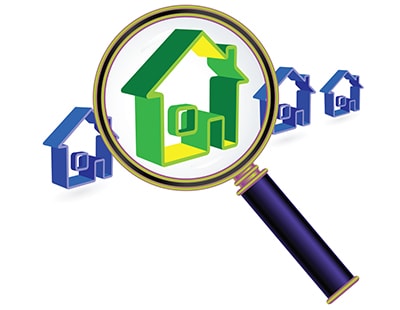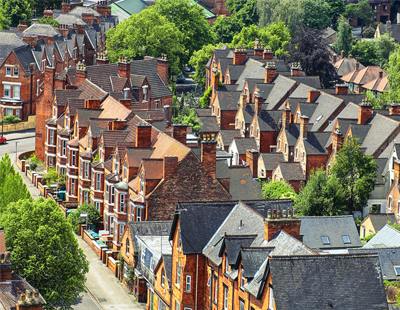Average house prices increased by 13.2 per cent over the year to June - the highest annual growth rate since November 2004, according to the latest UK House Price Index from the ONS.
UK average house prices reached a record high of £266,000 in June - some £31,000 higher than this time last year.
Average house prices increased over the year by 13.3 per cent in England, 16.7 per cent in Wales, 12.0 per cent in Scotland and 9.0 per cent in Northern Ireland.
The North West of England was the region with the highest annual house price growth, with average prices increasing by 18.6 per cent in the year to June, up from 14.2 per cent in May.
London continues to be the region with the lowest annual growth - just 6.3 per cent. London was at the bottom of the league table of regional performance for the seventh consecutive month.
The figures obviously relate to the frenzied period towards the end of the main part of the stamp duty holiday, and today’s market is quieter - nonetheless, agents are upbeat about the data.
Jeremy Leaf, north London estate agent and a former RICS residential chairman, states: 'This most comprehensive of all the housing market surveys confirms the rush to beat the beginning of the stamp duty taper, which we were seeing in our offices up to the end of June. However, the report is a little dated so it doesn’t show that the predicted price correction immediately afterwards failed to materialise.
’There are fewer but more serious enquiries now with most potential buyers displaying a steely determination to proceed, with existing transactions rarely renegotiated or failing to complete.'
Sam Mitchell, chief executive of online agent Strike, says: “Despite the [stamp duty] tax break now only being available to properties under £250,000, there are still other factors at play that will likely contribute to further house price increases in the months ahead. Historically low interest rates, an uplift in 95% mortgages and savings accumulated during lockdowns are all going to allow more people to enter the market.
“Let’s also not forget that the UK is still faced with a major supply and demand imbalance issue. A lack of new stock that fails to meet the demand we see today is enough on its own to push prices up. Particularly when we all appear to be looking for the same thing – a desire for more space, bigger gardens, and that now essential home office.”
Director of Benham and Reeves, Marc von Grundherr, comments: "The London market has seen a lesser degree of property market manipulation as a result of the stamp duty holiday. As a result, the capital continues to trail where property price appreciation is concerned but we’re seeing a far more stable market start to emerge and one that is showing greater long-term momentum as both domestic and foreign interest start to return.”
Iain McKenzie, chief executive of the Guild of Property Professionals, sees it this way: “Despite the winding down of the stamp duty holiday and more people feeling the pressure to return to the office, all the elements are still in place for house prices to remain higher than usual for the foreseeable future.
“With demand for properties still ever-present and estate agents across the country facing a smaller pool of homes to sell, many prospective buyers will also be sitting on their deposit until the perfect home comes along. This factor will keep prices higher in the long term.”
Managing director of Barrows and Forrester, James Forrester, adds: “The UK property market continues to flourish driven, in part, by the stamp duty holiday but also the ongoing trend for larger homes, with detached properties seeing a huge 15.6 per cent annual increase.
“We now know that the initial stamp duty deadline at the end of June has failed to dampen this appetite and the market cliff edge that many predicted is now starting to look very unlikely. With buyer demand remaining extremely robust and stock shortages plaguing much of the market, it’s safe to say house prices will continue to climb throughout the remainder of the year.”













.png)


.png)




Join the conversation
Be the first to comment (please use the comment box below)
Please login to comment